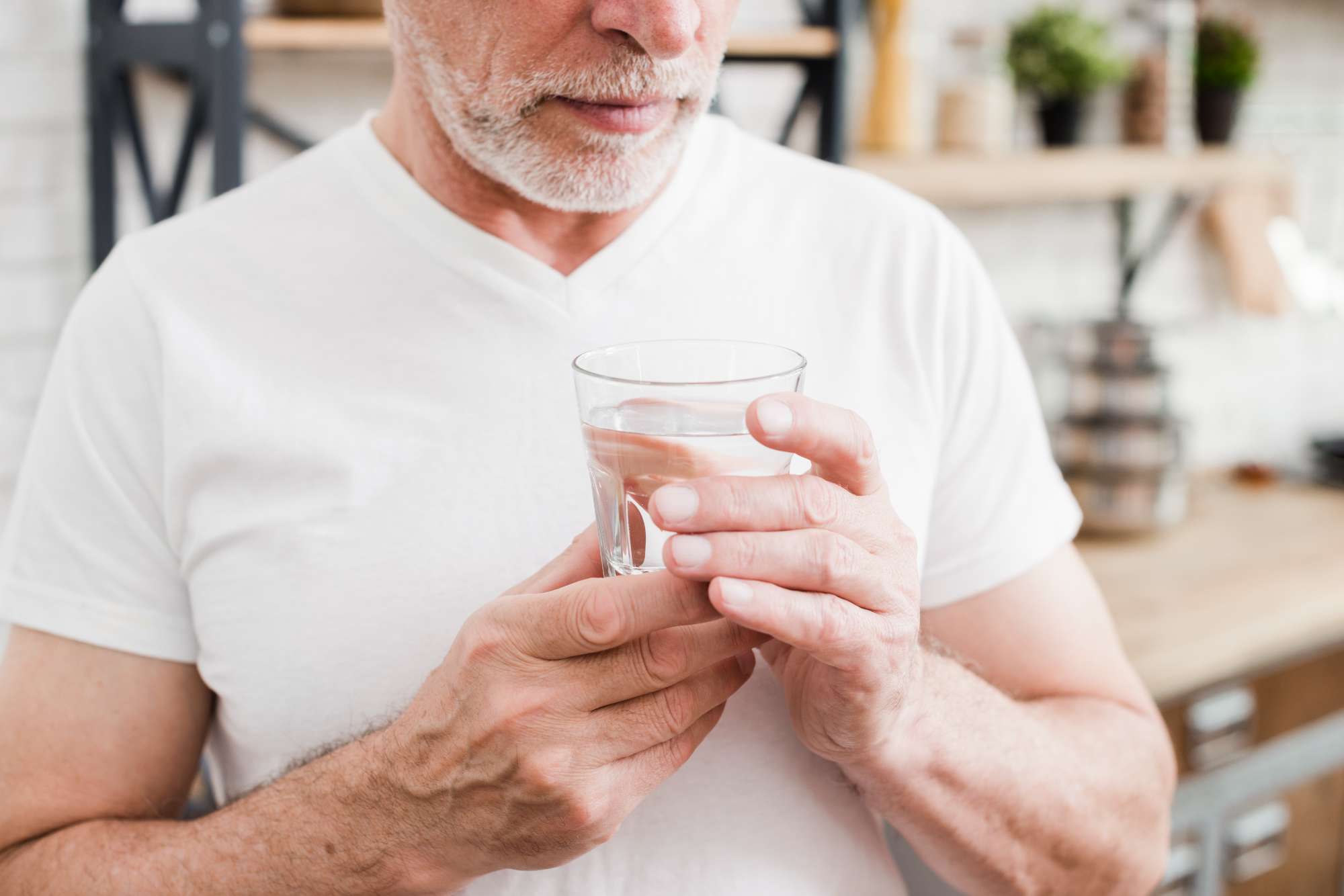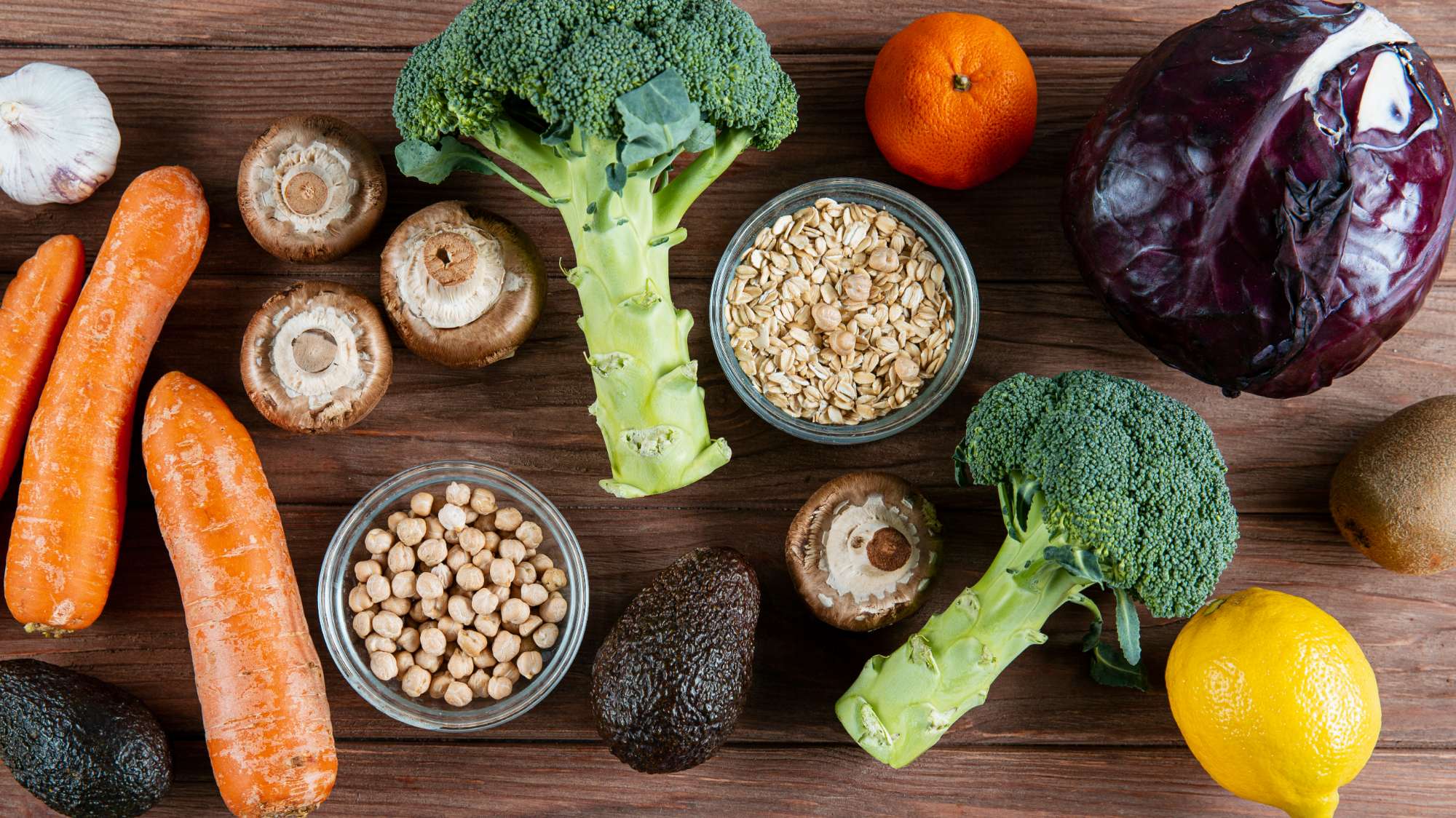The importance of water for the human body
The importance of water for the human body
Water (H2O) is actually the most critical nutrient of all. Humans can survive weeks without food but only a matter of days without water.
Water, a substance composed of the chemical elements hydrogen and oxygen and existing in gaseous, liquid, and solid states. It is one of the most plentiful and essential of compounds. A tasteless and odourless liquid at room temperature, it has the important ability to dissolve many other substances.

WATER ROLE IN OUR BODY
Water provides the medium in which nutrients and waste products are transported throughout the body and the myriad biochemical reactions of metabolism occur. Water allows for temperature regulation, the maintenance of blood pressure and blood volume, the structure of large molecules, and the rigidity of body tissues.

WATER ACTIVITY IN OUR BODY
Water acts as a solvent, a lubricant (as in joints), and a protective cushion (as inside the eyes and in spinal fluid and amniotic fluid). The flow of water in and out of cells is precisely controlled by shifting electrolyte concentrations on either side of the cell membrane. Potassium, magnesium, phosphate, and sulfate are primarily intracellular electrolytes; sodium and chloride are major extracellular ones.
Water makes up about 50 to 70 percent of body weight, approximately 60 percent in healthy adults and an even higher percentage in children. Because lean tissue is about three-quarters water, and fatty tissue is only about one-fifth water, body composition—the amount of fat in particular—determines the percentage of body water. In general, men have more lean tissue than women, and therefore a higher percentage of their body weight is water.
Water is consumed not only as water itself and as a constituent of other beverages but also as a major component of many foods, particularly fruits and vegetables, which may contain from 85 to 95 percent water.
Water is also manufactured in the body as an end product of metabolism. About 2.5 litres (about 2.6 quarts) of water are turned over daily, with water excretion (primarily in urine, water vapour from lungs, sweat loss from skin, and feces) balancing intake from all sources. Because water requirements vary with climate, level of activity, dietary composition, and other factors, there is no one recommendation for daily water intake. However, adults typically need at least 2 litres (8 cups) of water a day, from all sources. Thirst is not reliable as a register for dehydration, which typically occurs before the body is prompted to replace fluid. Therefore, water intake is advised throughout the day, especially with increased sweat loss in hot climates or during vigorous physical activity, during illness, or in a dehydrating situation such as an airplane flight.

Compiled and penned by Crocus Media

.jpg)
